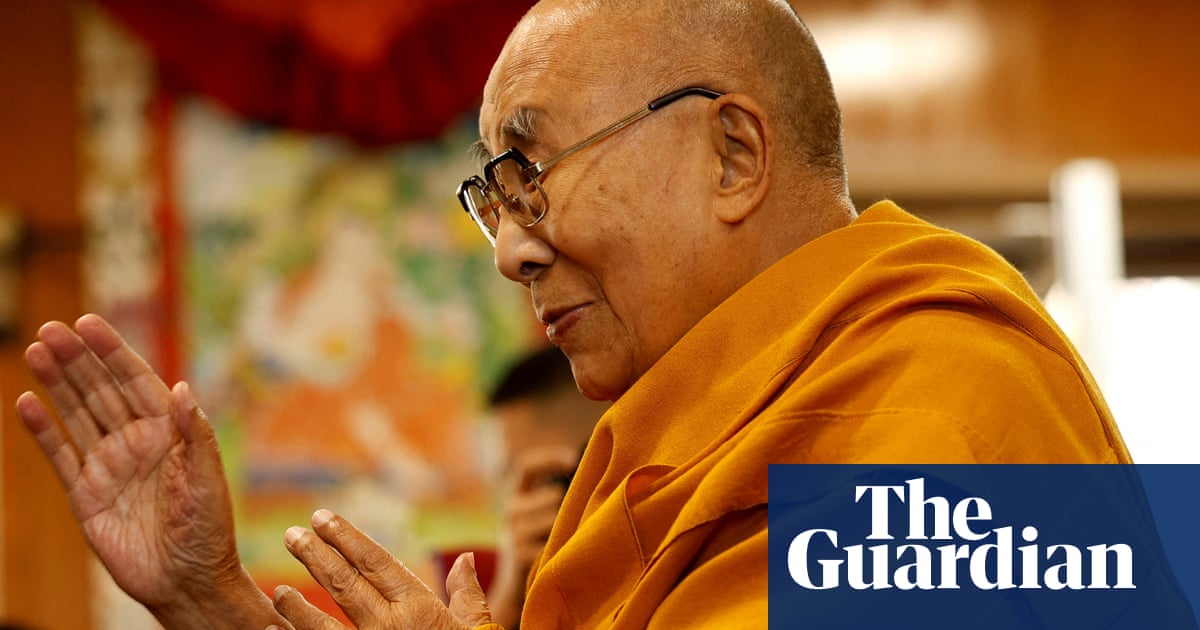Dalai Lama Declares Successor Will Be Born Outside China, Raising Tensions with Beijing
In his new book, the Dalai Lama states his successor will be born in the 'free world,' intensifying the challenge to Beijing's authority over Tibet.
Overview
In a new book, the Dalai Lama asserts that his successor will be born outside of China, marking a significant escalation in the ongoing conflict with Beijing over Tibetan autonomy. The 89-year-old spiritual leader emphasizes the importance of ensuring the continuation of the Dalai Lama lineage, which he states is vital for the Tibetan people's representation and spiritual guidance. The book details his long-standing interactions with Chinese leadership and stresses that aspirations for freedom among Tibetans cannot be suppressed indefinitely. His declarations challenge China's claim to choose his successor, positioning the Dalai Lama as a key figure in the ongoing struggle for Tibetan rights.
Report issue

Read both sides in 5 minutes each day
Analysis
- The Dalai Lama asserts that his successor will be born in the 'free world' to ensure the continuation of the Dalai Lama lineage and the Tibetan struggle for freedom from Chinese rule.
- The current Dalai Lama reiterates that the Tibetan people's aspirations for freedom cannot be indefinitely suppressed, advocating for greater autonomy rather than full independence from China.
- His recent book raises concerns about Tibet's governance under Chinese rule and emphasizes the need for the Tibetan government-in-exile to continue its political efforts.
Articles (3)
Center (1)
FAQ
The Dalai Lama believes his successor must be born outside China to ensure the continuation of the Dalai Lama lineage and to maintain the traditional mission of being a voice for universal compassion and the spiritual leader of Tibetan Buddhism, free from Chinese influence.
China dismisses the idea that the Dalai Lama's successor can be found outside China, insisting that any successor must be born within China and approved by the Chinese government.
This development could intensify tensions between the Tibetan community and China, and it may complicate India-China relations if the reincarnation is found or relocated to India, as China might demand the closure of Tibetan institutions in India.
Historically, the Dalai Lama's reincarnation is determined through a process involving visions, signs, and tests to identify the true successor. However, China has claimed authority over this process since the 18th century, using the Golden Urn ritual for approval.
History
- This story does not have any previous versions.


